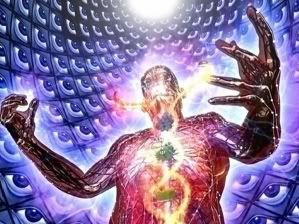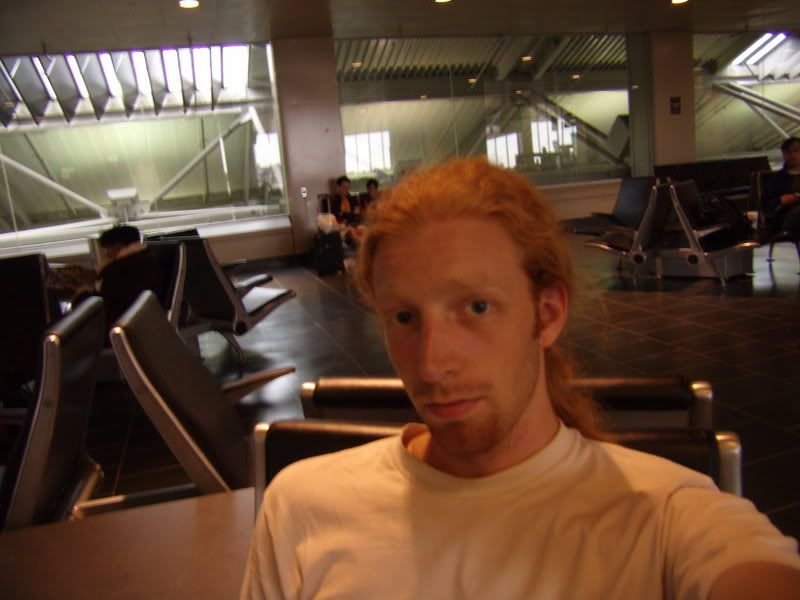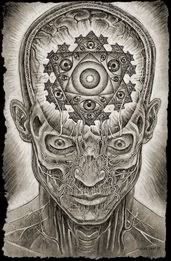Back Burner #1
So there’s an urge to write, sometimes; a particular way I begin to think and shape words. And yet I rarely do. Mostly, I would claim, as a matter of preoccupation. But as the urge has persisted for many years now, through periods of sleepless toil as well as those of yawning leisure, I begin to realize that the struggle is more fundamental. There seems a coupling necessary, of words and the message, who like a man that disguises himself as another, seem always to appear only after the other has left, and always to leave before the other returns. At times, I have a thing to say, yet can only do so flatly, or with such vigor that my listeners turn a deaf ear more due to its extent than its premise. Other times I have words, or pre-words; some rhythm or cadence or flow that begins before words, waiting to be materialized. So near words even, that I can almost feel them shaped on my tongue, taste the way one syllable follows the last, plan the emphasis, pause, and tone. And yet with the delivery, even the mood set and ready, there seems nothing to say. It is like thought in that detached state we often occupy, whereupon we find such gems of philosophy that we can hardly contain our wonder, yet see no urge or purpose in recording them, and upon our return to material concerns, discover that we no longer recall answer nor question. It is this duality, I think, by which most writers fail, and with which the remainder struggle. Favoring words are the poets, who in dispensable blurbs will regurgitate some agglomeration of words which flow beautifully, even purposefully from one to the next with all power of mood and sentiment, and yet convey nothing, or something very near nothing, save the potency of words alone. Those who favor content can be found primarily in journals, where the simplest of words seems nearly to buckle under the weight of its cargo, and of the artifices of literature, only brevity is had. Somewhere in the interim, vast and uncharted, lies every form of novelist, who must confine to rigid frames those things, fluid and formless, that are seen best from the corner of the eye and vanish upon inspection. This is a task, I have often thought, that should be done in two pieces, separated in time and demeanor, in much the same way as filmmakers capture reel upon reel of footage, following this urge or that, only to eventually resign themselves to the infinitely tedious and methodic task of arranging these bits, frozen in all of their reverie, side by side in orderly progression with beginning and end. In doing so, the novelist wrestles not one but two forms of art, and does more still for the fact that these two forms in particular seem to be at eternal odds with one and other. It is in this region, at the midplane between the purest expression and the most deserving theses, that literature stands alone and uncontested among the arts.

 screaming godhead
screaming godhead


